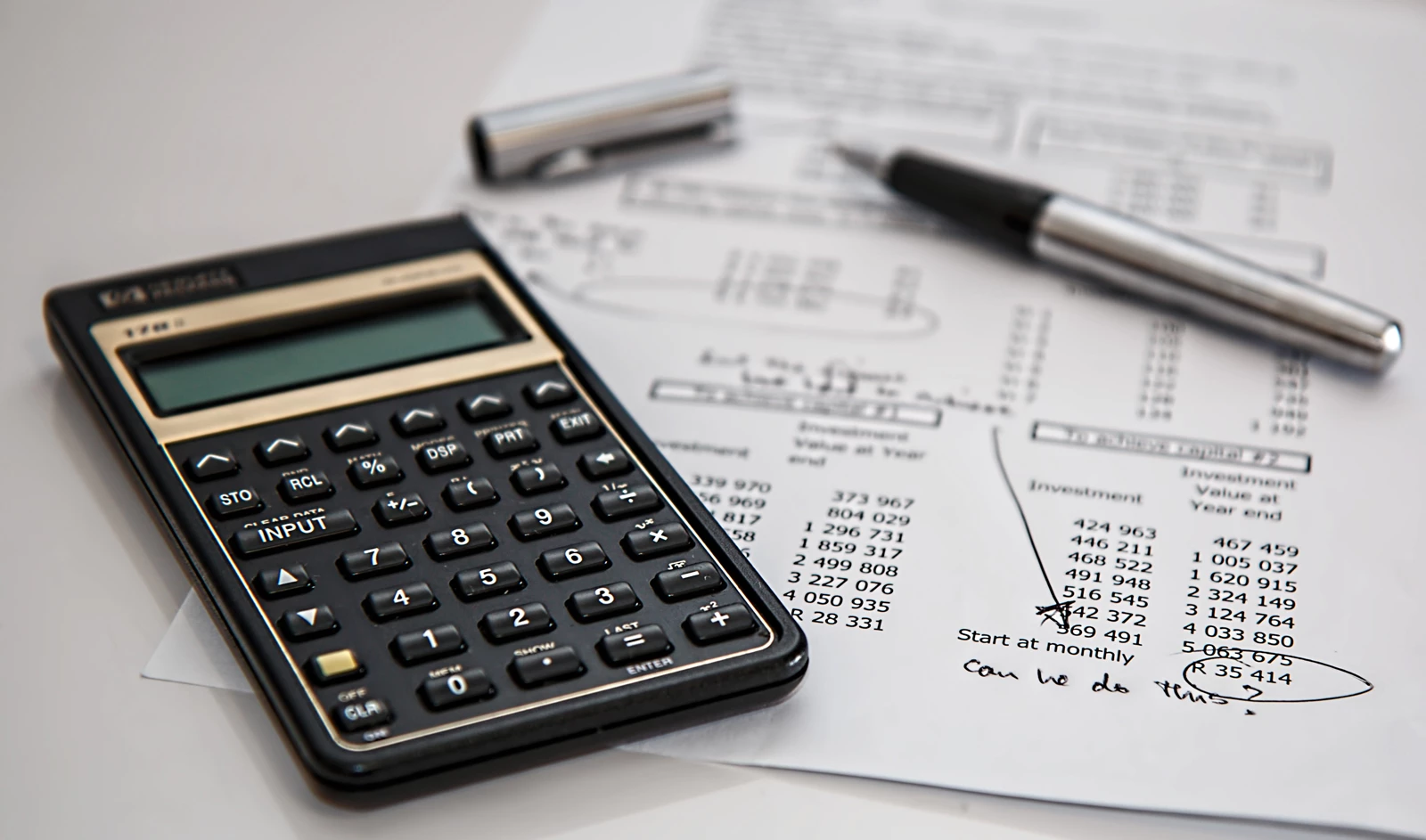09/09/2020 | Category: Commercial Insurance

The terms ‘sole trader’ and ‘self-employed’ are often used as if they mean the same thing – but there are some crucial differences. In both cases, you are your own boss but there are legal distinctions between the two terms.
Stepping out on your own can be thrilling and financially rewarding, but the risks are also higher. Commercial insurance is essential to ensure you don’t lose out if something happens that could be covered by insurance.
What does it mean to be self-employed?
Being self-employed means you complete work and receive payment directly, rather than via an employer. This is very important for tax reasons.
When you are employed by a company, they are responsible for paying your income tax, national insurance contributions, student loan repayments and so on.
Your employer pays these to HMRC through a PAYE system and your pay packet consists of your salary after these deductions.
Being self-employed means you pay taxes to HMRC directly, rather than through an employer.
Within three months of becoming self-employed you must notify HMRC, then you will be required to complete tax returns declaring income so the correct taxes can be paid.

What does it mean to be a sole trader?
When you decide to work for yourself, there are a range of legal structures you can choose for your business. Perhaps the simplest is being a sole trader. This legal structure is a popular option for people earning modest amounts (less than £100,000 per year).
The benefit of being a sole trader is that you and the business are seen as the same entity, so you get to keep all profits after tax. In addition, the administrative paperwork is minimal.
You simply start working, registering yourself as self-employed for tax purposes. The records and accounts you are required to keep are not too onerous.
The downside of being a sole trader is that you could be held personally liable for debts accrued by your business. Depending on the nature of your business and the level of investment required to establish it, this could threaten assets such as your home if your business fails.
This is why commercial insurance is always advisable when setting up in trade.
Self-employment and limited companies
Most self-employed professionals decide to work as sole traders, but a limited company is also an option.
This means registering a company with Companies House, and complying with the increased requirements for filing information about the company’s accounts.
When a limited company is used, this means the company, rather than the self-employed person, is responsible for any debts or liabilities incurred. This can be a vital protection if the business becomes insolvent or you run into legal problems.
The self-employed person will be the director and sole shareholder of the business and pay themselves as an employee, also receiving profits in the form of dividends.
The taxes which apply to companies are different to those for sole traders, and there may be exemptions and allowances to reduce the tax which is payable.
Whereas with a sole trader the professional and the business are the same legal entity, with a limited company these things are officially separate.
This can be useful if you plan to grow your business, bringing in other skilled people or potentially selling the company at some point.
Using an accountant
There is no requirement to use an accountant when you work for yourself. However, in many cases, an accountant will pay for themselves.
They not only save you the time of going through fiddly paperwork, but will also understand the financial system and can help you identify schemes, exemptions and other arrangements that save money and support your business.
Using an accountant means you are likely to be in a much better position if your accounts are inspected by HMRC, or if you need approval for something official like taking out a mortgage or setting up a personal pension.
Using a professional accountant means you can have confidence that the information you submit to HMRC is accurate, and if it isn’t then the accountant may be held liable. If you do the books yourself and make a mistake, you might be asked to find money you don’t have to make up a shortfall.
Nowadays, many software packages are available to help with keeping your own accounts. If your business has a turnover over £85,000, you must register with HMRC and use the Making Tax Digital online reporting system.

How does commercial insurance help the self-employed?
There’s no doubt that being self-employed means more responsibility, but insurance helps to reduce your level of risk. The type of commercial insurance you require will depend on the nature of your business.
If you have any kind of physical contact with clients or their belongings – for example, holding meetings in your premises, completing work outside your home or inviting customers into a shop, you will want public liability insurance.
This provides cover if someone claims that they were injured, or their property damaged, by your business. It covers legal costs as well as any payout you might need to make.
If you provide any kind of advice, it is wise to take out professional indemnity insurance. This provides protection in case you make a mistake, or are accused of doing so.
If a client claims your error cost them money, you could be asked to make up their losses – often through a lengthy legal process. Professional indemnity insurance covers legal costs and any payout you may need to make.
Cyber insurance is an increasingly important area for self-employed people. Criminals have found ways to steal from professionals by hacking into email and other systems, or the theft can also be perpetrated by an employee or partner taking data.
You might also need insurance to cover investments in your business, such as contents insurance, plant insurance and buildings insurance.
If you take on employees, employer’s liability insurance steps in if a worker claims they have been injured or their property damaged while at work.
What commercial insurance do you need? Get in touch with Insurance Choice to discuss your requirements and obtain a quote.
Frequently asked questions
Is self-employed the same as a sole trader?
Many people often confuse the terms "self-employed" and "sole trader" and assume they mean the same thing. However, there is a subtle difference between the two. Being self-employed simply means that you work for yourself and do not have an employer. It can refer to various types of business structures, including sole traders. On the other hand, a sole trader is a specific type of self-employed individual who runs their own business as an individual.
How do I find a suitable accountant for my business?
One of the best ways to find the right accountant is through referrals. Ask other business owners or professionals in your industry for recommendations. They can provide insight into their experiences with different accountants and help you narrow down your options. Additionally, consider the specific needs of your business. Look for an accountant who has experience working with businesses similar to yours, as they will have a better understanding of the unique financial challenges you may face.
What responsibilities do you have if you’re self-employed?
First and foremost, you are responsible for managing your own finances. This includes keeping track of income and expenses, paying taxes, and budgeting for both personal and business expenses. You must also ensure that you have the necessary licenses and permits to operate legally, and that you comply with all relevant regulations and laws. Finally, self-employment requires a high level of self-discipline and motivation, as you are solely responsible for staying organised, meeting deadlines, and delivering high-quality work. The freedom and flexibility of being self-employed come with the added responsibility of managing all aspects of your business effectively.
Can a sole trader have employees?
As a sole trader, you have the option to hire employees to help you with various aspects of your business. This can range from administrative tasks to customer service or even production. Having employees allows you to delegate certain jobs and focus on other important aspects of your business. However, as a sole trader, it's important to be aware of the legal and financial obligations that come with hiring employees, such as payroll taxes and employment contracts.
How do you register as a sole trader?
The first thing you'll need to do is inform HM Revenue and Customs (HMRC) that you're working for yourself. You can do this online or by filling out a form and sending it by post. Next, you'll need to choose a business name, which should be unique and not already in use by another company. Once you've taken care of these initial steps, you'll need to keep track of your business income and expenses for tax purposes. It's also important to register for self-assessment and pay any applicable taxes and National Insurance contributions.
